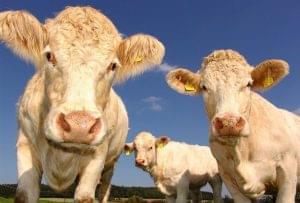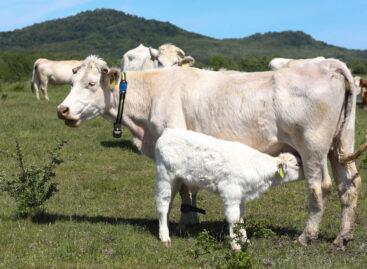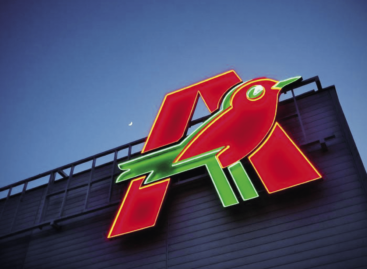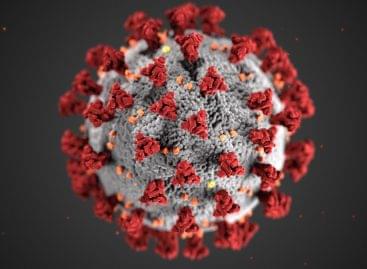Despite vaccines and previous illness, almost every animal is a ticking time bomb
Although many people believe that vaccination alone can be a solution to protect against foot-and-mouth disease (FMD), the reality is much more complex than that, as revealed in an interview with InfoRádió by Ágnes Csivincsik, senior research fellow at the Hungarian University of Agricultural and Life Sciences. According to the renowned veterinarian, complete immunity can only be achieved when there is not a single sick or vaccinated animal left in the country.
Varying resistance, more serious consequences
 Ágnes Csivincsik also drew attention to the fact that today’s cattle breeds are much more vulnerable than those kept in previous decades. During the 1973 epidemic, most farms were based on the more resistant Hungarian spotted, but today the Holstein-Friesian, bred for higher milk yield, has become dominant, which is much more susceptible to diseases. “Today, it is no longer possible to ensure significant milk and meat yields with the breeds that were available in the 1970s,” he reminded us.
Ágnes Csivincsik also drew attention to the fact that today’s cattle breeds are much more vulnerable than those kept in previous decades. During the 1973 epidemic, most farms were based on the more resistant Hungarian spotted, but today the Holstein-Friesian, bred for higher milk yield, has become dominant, which is much more susceptible to diseases. “Today, it is no longer possible to ensure significant milk and meat yields with the breeds that were available in the 1970s,” he reminded us.
Animals with cloven hoofs react differently to the virus: for example, grey cattle are much more resistant, while newborns are particularly susceptible. The disease can make them unable to eat for days, and their hooves can become so damaged that they come out of their horns – which is extremely painful, but not necessarily fatal in itself.
The real cost of the epidemic: economic damage
The disease can be monitored, not cured – the expert stressed. Therefore, infected livestock must be killed immediately, even if some individuals are able to survive the virus. The loss of production, culling and economic downturn due to restrictions are a much more serious problem than deaths.
“Cattle that recover may be a ticking time bomb for a while,” warned Csivincsik, who personally participated in suppressing the BSE epidemic in England in 2001. Even in cases where the virus has subsided, latent infection can maintain the risk of an epidemic, especially in the world of international trade and the movement of live animals.
Related news
This is how Hungarian researchers model epidemics
🎧 Hallgasd a cikket: Lejátszás Szünet Folytatás Leállítás Nyelv: Auto…
Read more >Related news
II. Green Gastronomy – Marketing Communication Workshop organized by the MMSZ HoReCa and Green Section
🎧 Hallgasd a cikket: Lejátszás Szünet Folytatás Leállítás Nyelv: Auto…
Read more >Nearly 140 domestic suppliers, 60% growth – SPAR Regions Treasures program accelerates with AI solutions
🎧 Hallgasd a cikket: Lejátszás Szünet Folytatás Leállítás Nyelv: Auto…
Read more >








